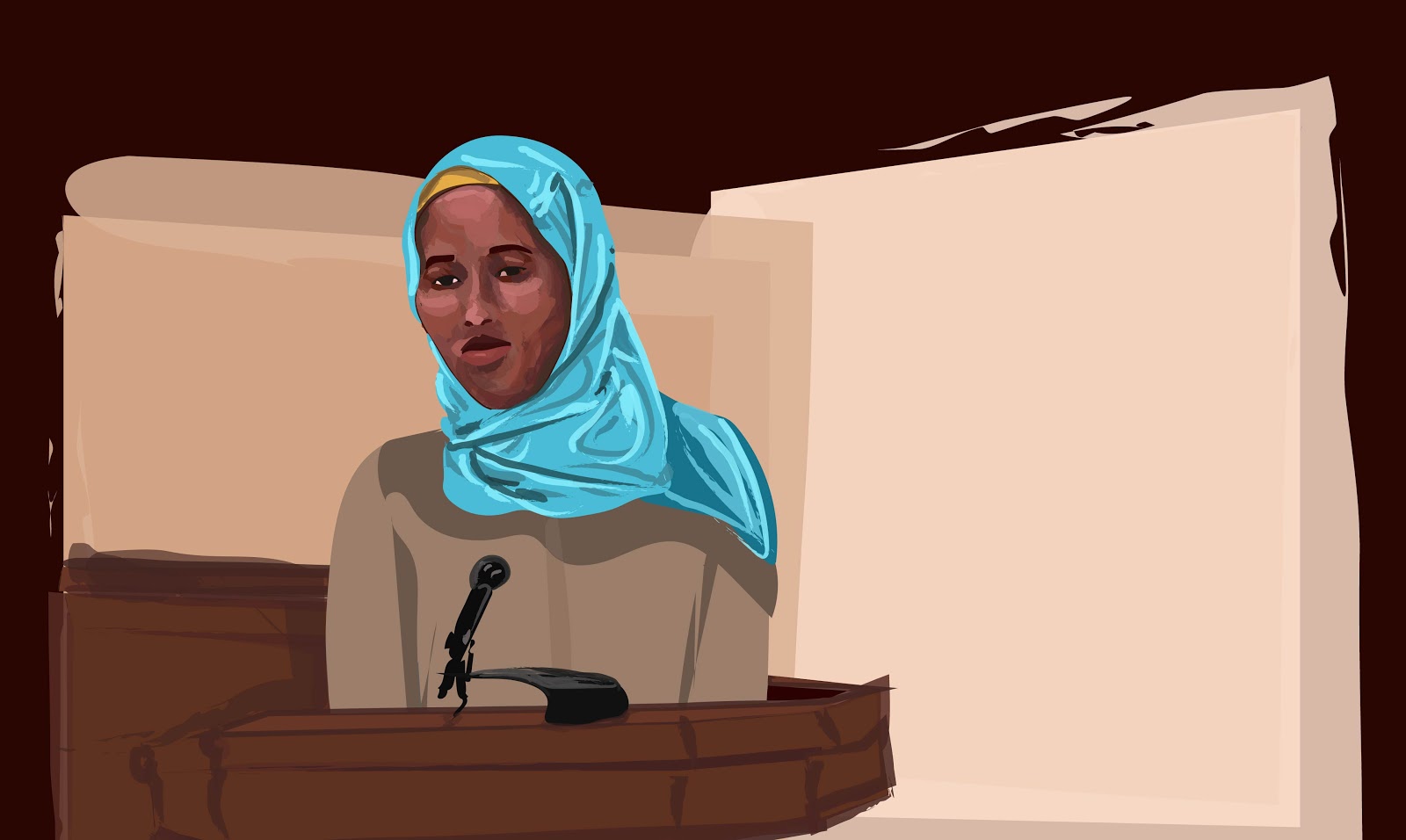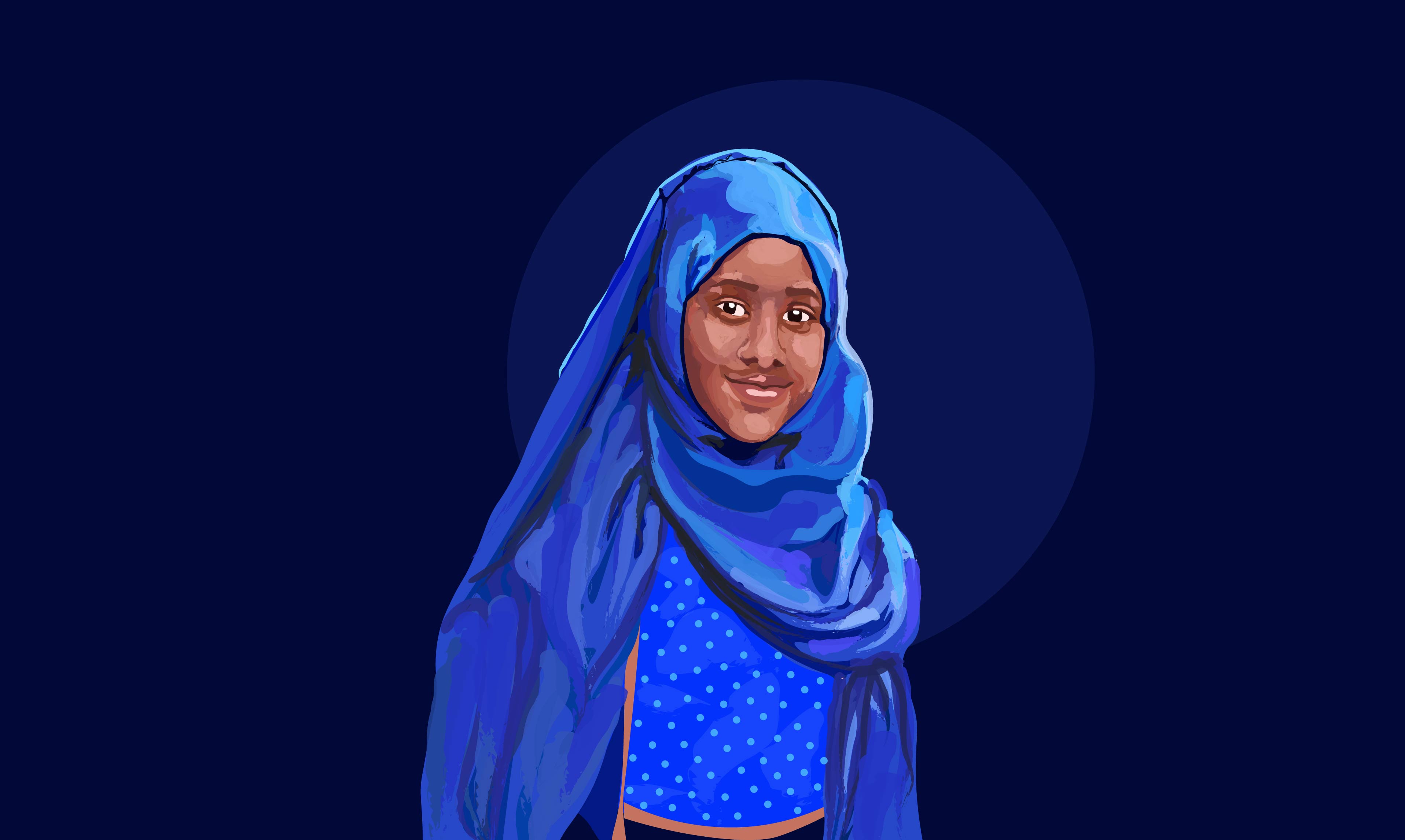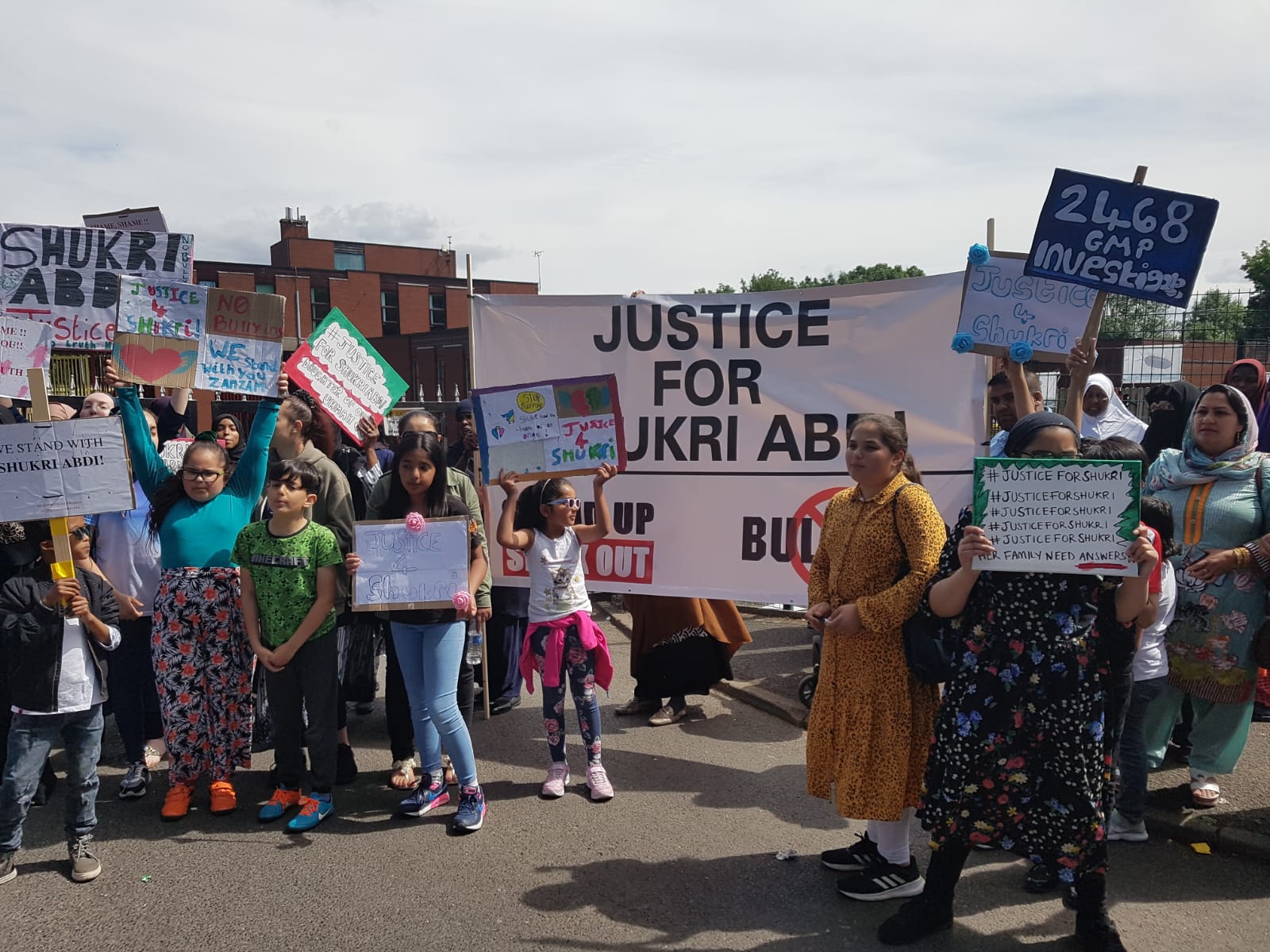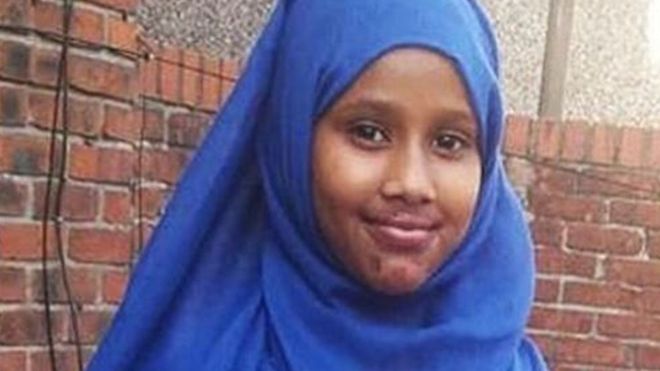
We must be careful not to spread misinformation around the death of Shukri Abdi
Though the 12-year-old refugee’s case is now finally getting the attention it deserves, inaccuracies about the circumstances of her death are circulating on social media.
Nimo Omer
09 Jun 2020
Illustration by Christo Musinguzi
Shukri Abdi’s story has not been an easy one to follow – it has been fraught, complex and challenging as it meanders in and out of national news. In February, I spent a week at the inquest looking into her death, with everyone in the room trying to piece together how a young girl who was afraid of water and could not swim ended up at the bottom of a river. I wrote a comprehensive investigation, trying to answer these incredibly difficult questions, shedding light onto Shukri’s life and the events that eventually led to her death.
When I first saw the hashtag #Justice4Shukri, it was only populated by a handful of tweets. In her face, I saw my younger sister, and as a young Somali journalist, I knew that I had to say or do something to help alleviate the pain or somehow bring justice for the family. Like my own family, they had fled war to try and find some semblance of security. To see tens of thousands of people now showing support and solidarity with Shukri and her family is simply incredible. Her name is being chanted once again, with a large protest planned for 27 June, and her story is resurfacing and receiving the attention it always deserved.
Following the death of George Floyd, real energy around Black Lives Matter has been experienced globally, with thousands upon thousands of people demanding for justice to be served. We have collectively decided that we are not going to take this anymore, and in light of this, people have started resharing Shukri’s case, with many, including John Boyega, Maya Jama and Nella Rose, coming across her heartbreaking story for the first time. However, there’s been a lot of confusion in terms of what has actually happened so far in this case, as well as a significant amount of misinformation and embellishment of details that need to be addressed.
“To see thousands showing support to Shukri is incredible, but there’s been a significant amount of misinformation spread that must be addressed”
Shukri and her family came to the UK at the start of 2017 via a refugee camp in Kenya. They settled in Bury, a small town in Greater Manchester. Whether she was at mosque or in school, her teachers and peers alike described Shukri as a joy to be around. Two and a half years later, Shukri’s body was found in the River Irwell. Because the police prematurely shut the case and the school refused to investigate the allegations of bullying towards Shukri, what happened in the hours leading up to her death was shrouded in mystery for months, with Zamzam Ture – Shukri’s mother – unable to find the justice that she so desperately needed.
Zamzam had fled war and terror to try and ensure that her children were safe, only for her eldest daughter to die a few miles from her home. The particularly devastating nature of this case, that Shukri was only a child, that almost a year on, justice is still yet to be served, has led many people back to this case, viewing it as yet another example of the police, and this country more generally, failing a black child in life and in death.
Many have been calling for the Greater Manchester Police to reopen the case but it was never closed. The inquest was adjourned on the 28 February, it is ongoing and we are still awaiting the verdict from the senior coroner. There have also been numerous calls for all four children to be sent to prison, even though during the inquest we heard that two of the children actively tried to save Shukri’s life once they noticed that she was drowning and have been pardoned by the family and a third child wasn’t even present when the incident was happening.
There have been a number of posts that have gained a lot of traction that describe bite marks on Shukri’s body and suggest that she was pushed into the water – both claims have been disproven in court. There have been variations of these kinds of posts, adding details or exaggerating elements of the case, and whilst it is almost certainly coming from a good place, true justice for Shukri lies only in the truth.
“It is our duty to make sure that we continue to closely scrutinise the decisions that are made in these courts but to also seek the truth”
There have also been accusations charged at the black community at large for not showing interest and support for Shukri by campaigners. This, however, is a profound lie and one that is built upon the idea that Somalis are not really black. It is troubling to see people who have worked so closely with a black family that has lost a black child now turn around and ignite the flames of anti-blackness. The people who were organising protests, who were writing articles, who were bussing people in from across the country to show solidarity with the family were all black. It is an egregious lie to suggest anything else.
The case is incredibly complex and not one that cannot be summarised in a few hundred words. However, what is glaringly obvious to me is the institutional failures that began the moment that Shukri and her family entered this country, that constructed a space and context whereby Shukri could not receive help when she needed it, and her family could not receive justice due to an institutionally racist and incompetent police force.
For both those who have been following this case since day one and those who have just heard Shukri’s name for the first time this week, it is our duty to make sure that we continue to closely scrutinise the decisions that are made in these courts but to also seek the truth. Not every case is as clearly unjust as George Floyd’s. Not every black person literally dies under the weight of a white person standing on their neck.
But we do die, at alarming rates, due to the negligence and racism that is enshrined in our institutions and our society. In order to combat this robustly and holistically, we need to delve into the nuances of what really happens in these cases. That is where a lot of the violence that we don’t see lies.








